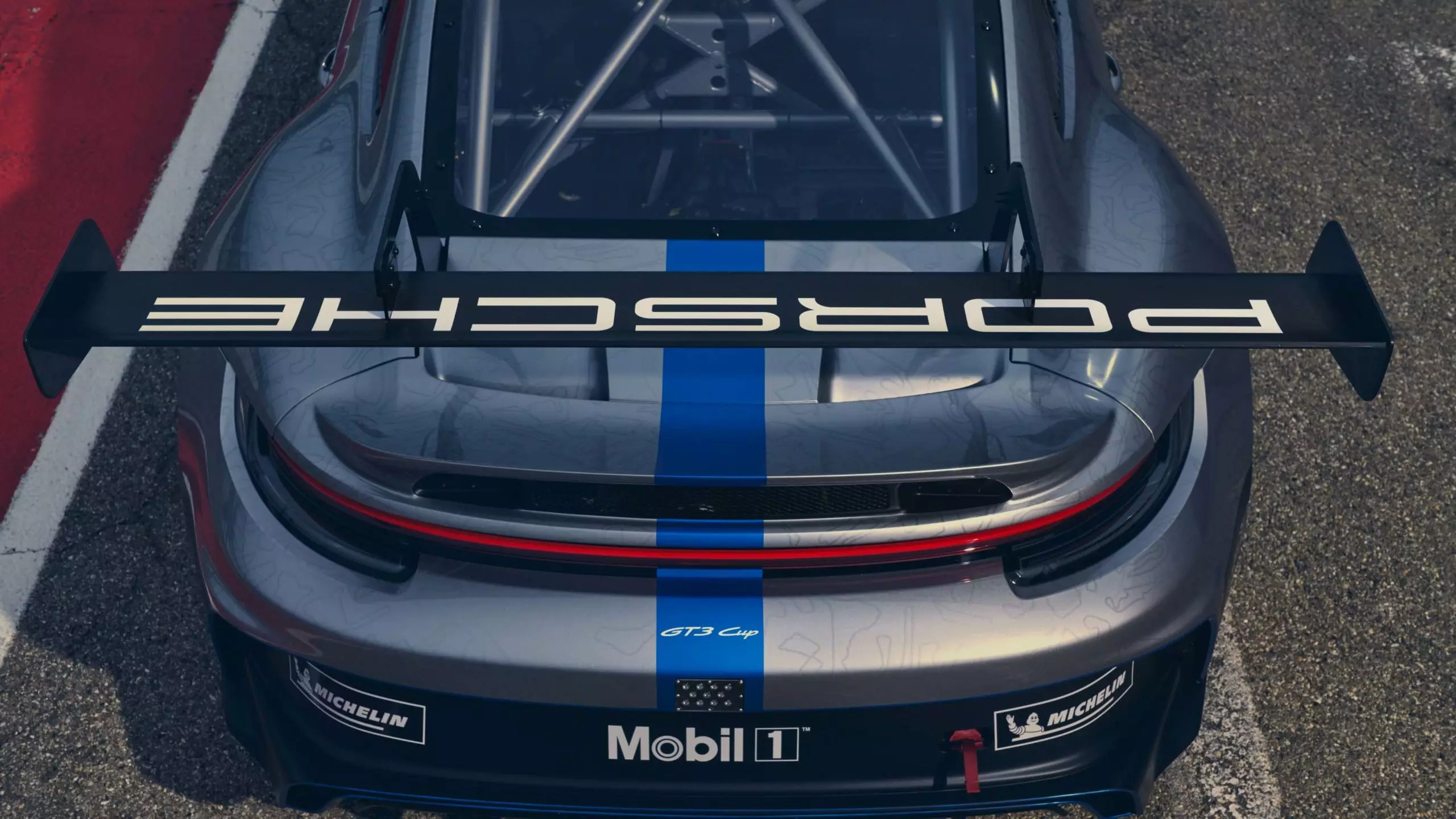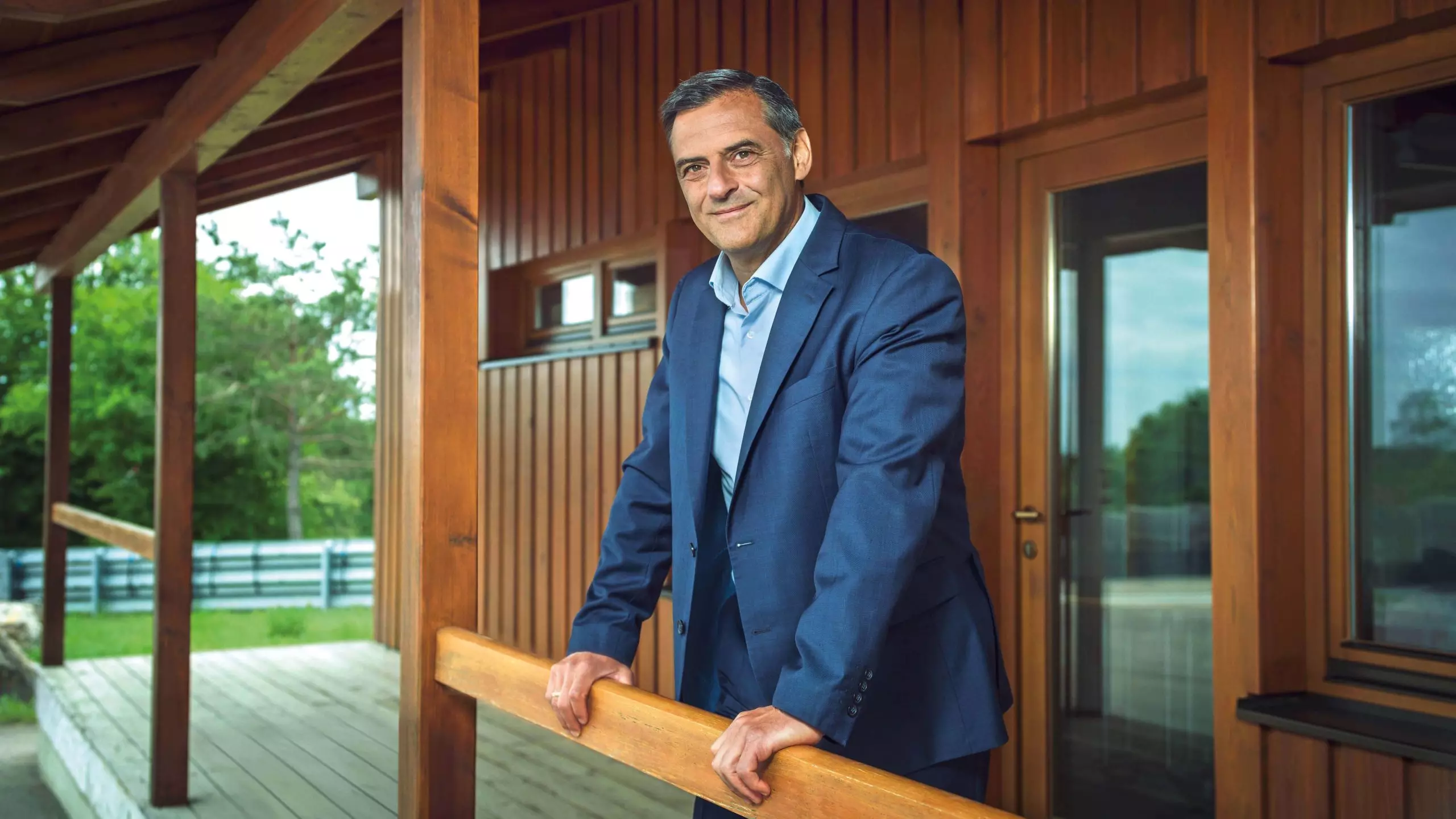Porsche, in partnership with ExxonMobil, will test the use of synthetic fuels in competition and assess their potential adoption for production models.
The Stuttgart brand has already confirmed that it will test these e-fuels — in race conditions — during the next two seasons of the Porsche Mobil 1 Supercup (2021 and 2022), a Porsche mono-brand competition, with a reusable fuel that blends several advanced biofuels , developed specifically for this purpose by a team from the aforementioned oil company.
The first tests in the laboratory proved to be very promising, as was the first test at the Zandvoort circuit in the Netherlands, which took place this week.

Data collected during this first season of the Porsche Mobil 1 Supercup will be used by the two companies to create a second generation of synthetic racing fuels as early as 2022, for the second season of this racing experience.
At that time, both companies hope to have developed a synthetic fuel made from hydrogen and captured carbon dioxide, which, if confirmed, could represent a reduction of up to 85% in greenhouse gas emissions compared to traditional fuel.
Andy Madden, Vice President of Strategy, ExxonMobilOur ongoing collaboration on renewable fuels and e-fuels is a critical step in evaluating the technical capability and commercial viability of fuels that can significantly reduce emissions.
Michael Steiner, responsible for Porsche research and developmentCollaboration with ExxonMobil allows us to test synthetic fuels under demanding conditions on the race track. This is another step towards making e-fuel an affordable and less greenhouse gas emission substitute compared to conventional fuels.
Remember that these synthetic fuels will be supplied from the Haru Oni pilot plant in Chile, which generates hydrogen which is then combined with carbon dioxide captured from the atmosphere to produce methanol, which in turn is transformed into gasoline. from a conversion technology licensed by ExxonMobil.

In a first phase, by 2022 (inclusive), approximately 130 000 liters of synthetic fuels will be produced, but these values will rise substantially in the following years.
Although Porsche's commitment to electric mobility is stronger than ever, synthetic fuels are also appearing — increasingly … — as a possible solution for the Stuttgart brand, which, in the words of Michael Steiner, believes that “with the electricity alone, we can't move forward fast enough”, referring, of course, to achieving carbon neutrality goals.
Oliver Blume, CEO of Porsche, naturally shares this same vision: “Electric mobility is a priority for Porsche. Automobile e-fuels are a valuable addition to this – if they are produced in places around the world where there is a surplus of sustainable energy. They are an additional element for decarbonization. Its advantages are based on its ease of application: e-fuels can be used in combustion engines and plug-in hybrids, and can use the existing network of filling stations”.
